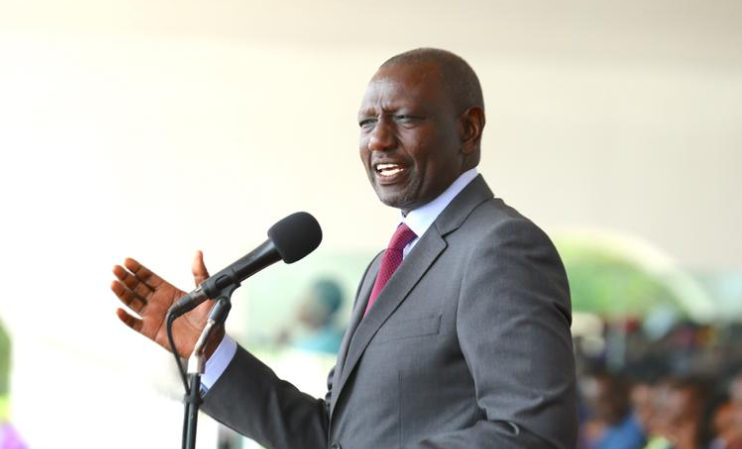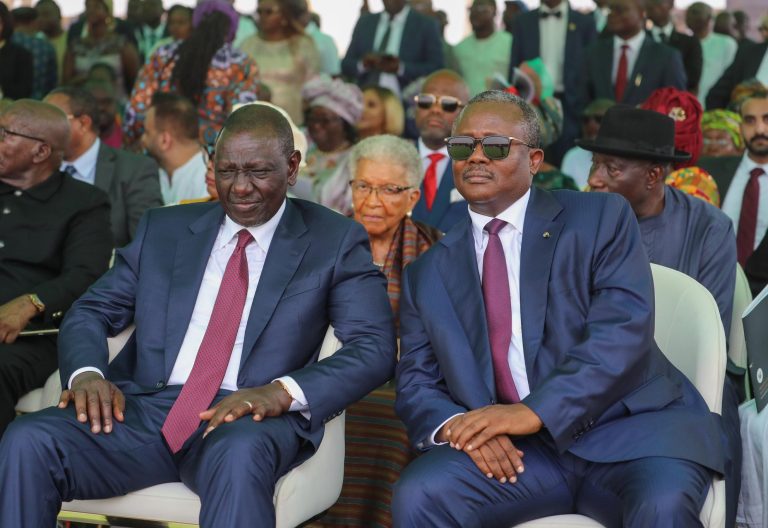Inside Ruto’s agenda in state visit to Japan
By Francis Muli, February 5, 2024
President William Ruto is set to depart the country on Monday night for a state visit to Japan.
The visit announced by State House spokesperson Hussein Mohamed marks the first state visit by a Kenyan Head of State since President Mwai Kibaki’s 20 years ago.
“The visit follows Prime Minister Fumio Kushida’s State Visit to Kenya in May 2023 and celebrates 60 years of diplomatic relations between Kenya and Japan,” Mohamed stated.
Mohamed revealed that during his visit to Japan, Ruto will engage in bilateral talks with Prime Minister Kushida, with a focus on economic cooperation in key sectors such as health, ICT, infrastructure, energy, and financial services.
“Consequently, several Memoranda of Understanding (MoUs) will be signed, covering defence cooperation, public-private partnerships on road construction, and the KEMRI Laboratory Expansion Project,” he stated.
“President Ruto and Prime Minister Kushida will also address multilateral issues of mutual interest, including the reform of the United Nations Security Council and climate change.”
Ruto is also scheduled to meet the Japan-Africa Parliamentary Association to advocate for Japanese investments in Kenya, address a Kenya-Japan business forum, and hold meetings with the leadership of prominent Japanese companies.
“During the State Visit, President Ruto will also have an audience with Emperor Naruhito and Empress Masako,” Hussein added.
Mudavadi to accompany Ruto
Prime Cabinet Secretary Musalia Mudavadi is also set to depart the country for Japan to join Ruto for the three-day state visit.
In a statement, the Office of the Prime Cabinet Secretary said that the visit will strengthen the friendly relations between Kenya and Japan.
“The visit will strengthen the friendly relations between Kenya and Japan, built over the past 60 years since the two countries established diplomatic relations in 1963. Kenya is the leading recipient of Japanese Official Development Assistance (ODA) in Sub-Saharan Africa,” the statement read in part.
According to Mudavadi’s office, this support comprises technical assistance, grant aid and concessional loans, which have benefitted priority areas of bilateral cooperation including economic infrastructure, agriculture, health, education and environment.

